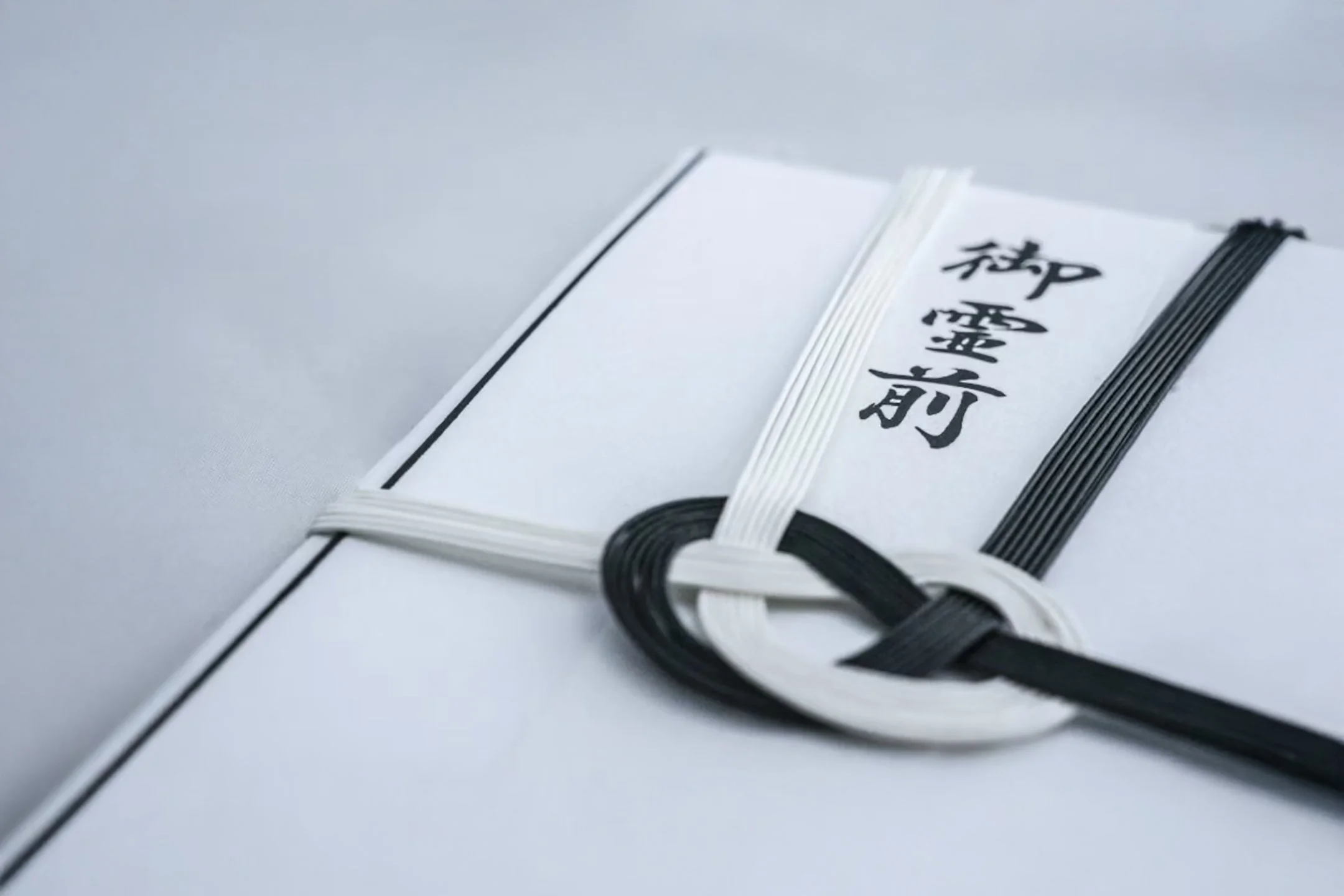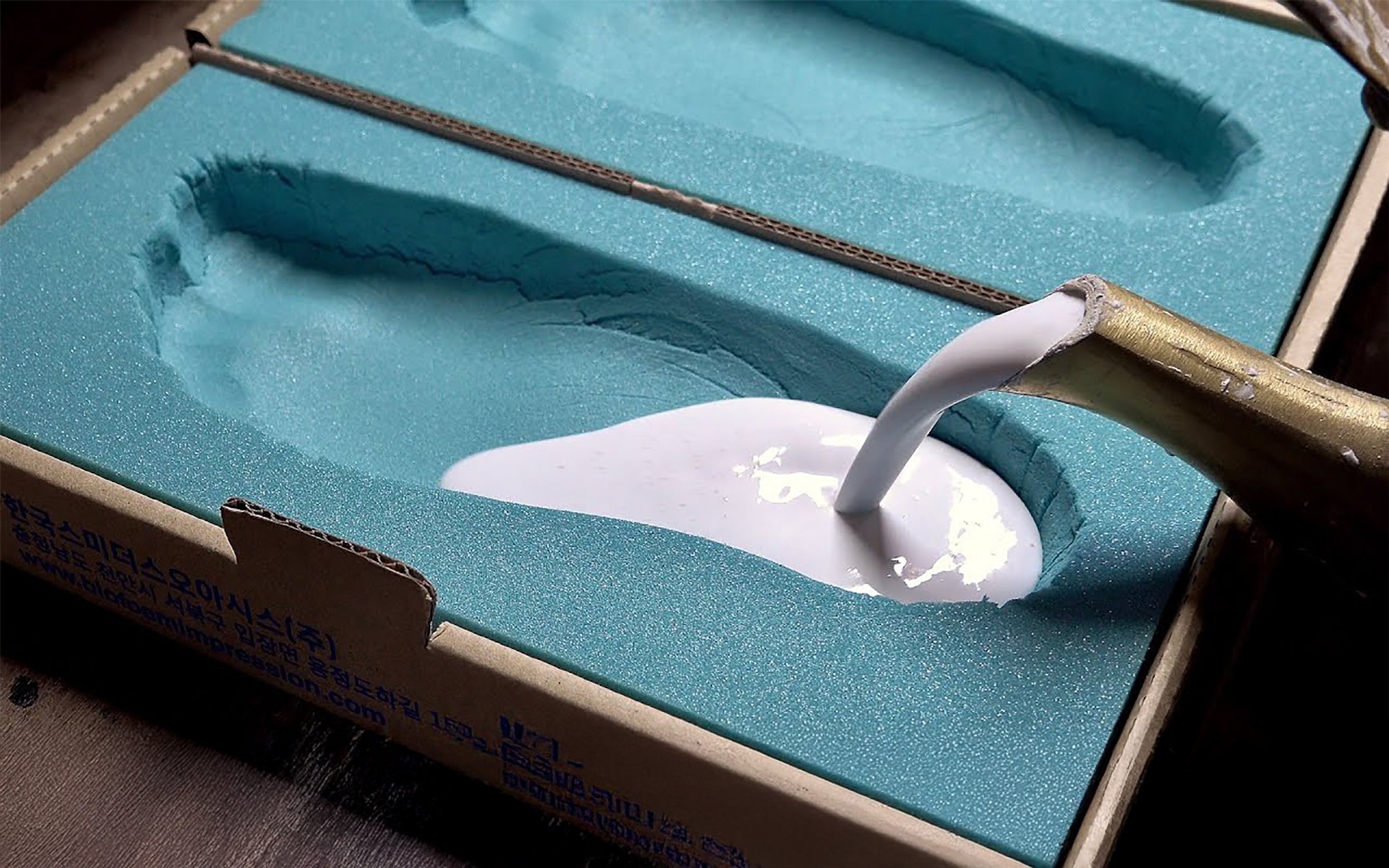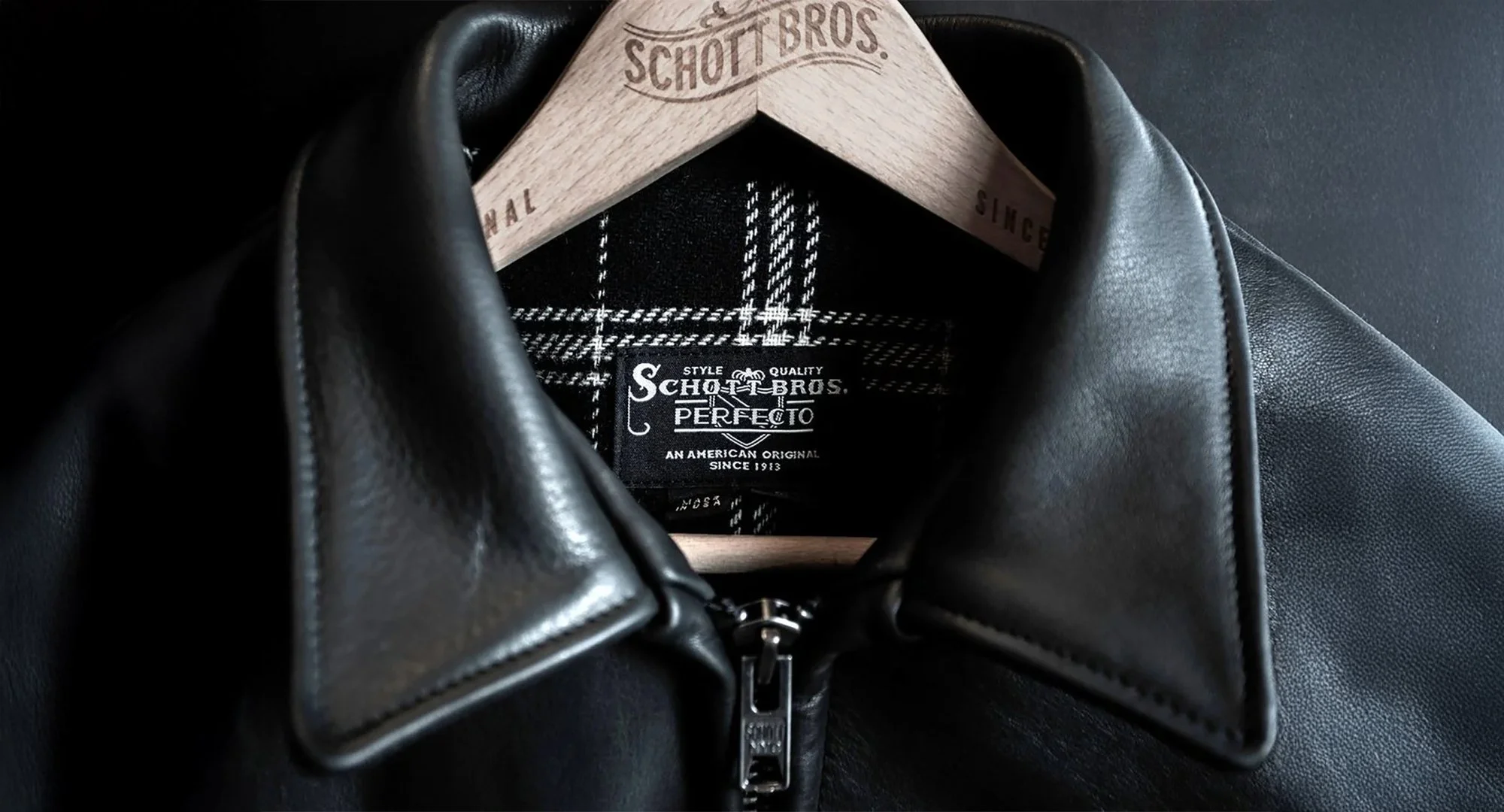10 Brands That Are For Real
In the wake of U.S.– China trade tensions and the rise of factory exposés on TikTok, consumers are becoming painfully aware of how far many “luxury” brands have drifted from their origins. More and more, we’re learning that the designer handbag, or our trusty English Roll Arm Chair is often just an up-charged, drop-shipped item, outsourced and inflated by upwards of 90%. For many, it’s been more than a reveal: it’s a brand-trust-fall.
In a market saturated with brash slogans and soaking-wet advertising, it’s never been more vital to scrutinize not just what brands say, but what they actually do. So...who’s still making things the hard way? Who’s stayed put, while everyone else chased margins? Which companies have lived up to their brand values for 25, 50, 100 years — or even 1000, and what can they teach us today?
Here’s a list of 10 brands that are fascinatingly “for real”:
#10. King Arthur Baking Company [est. 1790, Vermont,USA]
The flour that built America’s sourdough movement. Founded in Boston, Massachusetts in 1790, [now based in Norwich, Vermont] it is the oldest flour company in the United States. B Lab-certified, this employee-owned company still mills high-protein wheat to exacting specs, with zero shortcuts. They even run a baking school to pass on the craft.
Fun fact: George Washington was alive when they opened.
Core Brand Value: “Bake for good.”
#9. Genda Shigyō [est. 771, Kyoto, Japan]
This family-run paper company still uses ancient washi techniques and seasonal dyes to craft ceremonial envelopes and Shinto offerings. Their paper was originally exclusively supplied to the Imperial Court for royal weddings and rituals. While the exact location of its founding isn't specified, it's known that the company relocated to Kyoto in 794, where it remains today.
Fun fact: Their products are so revered, they’ve been declared “Intangible cultural assets.”
Core Brand Value: “Honoring tradition through every fold.”
#8. Buffalo Trace Distillery / OFC [est. 1775, Kentucky, USA]
Still aging in oak barrels in the same limestone-rich region, Buffalo Trace never stopped distilling: during Prohibition, they were allowed to remain operational in order to make whiskey for "medicinal purposes". Historically known by several names, including the George T. Stagg Distillery and the Old Fire Copper, the facility recently closed due to floodwater damage this year.
Fun fact: They age some barrels in “Warehouse X,” a climate-experimentation facility that’s part mad science, part art.
Core Brand Value: "Perfectly Untamed”
#7. Barbour [est. 1894, South Shields, UK]
Barbour’s waxed jackets are still hand-finished in the UK. They hold three Royal Warrants, and have been worn by every British monarch since George V. James Bond, and avid motorcyclist Steve McQueen – who exclusively wore Barbour during pro races – have also added their personal seals of approval.
Fun fact: You can still send your jacket in for rewaxing—some heirloom pieces are over 40 years old.
Core Brand Value: “Timeless British style, built to last.”
#6. Harris Tweed [est. 1840s, Outer Hebrides, Scotland]
Legally protected by an act of Parliament, every yard of Harris Tweed is handwoven at home by Hebrides islanders. The wool is dyed and spun on-site, and the fabric carries its unique “Orb” ID on every meter for traceability. Originally woven by “crofters”, the cloth was ideal protection against the cold climate of northern Scotland, and was also used for trade or barter, eventually becoming a form of currency amongst islanders; it was not unusual for rents to be paid in blankets or lengths of clò-mòr.
Fun fact: The British army wore Harris Tweed as cold-weather camouflage during WWI.
Core Brand Value: “Handwoven in the Outer Hebrides, guaranteed to be genuine.”
#5. Songlim Handmade Shoes [Est. 1936, Seoul, South Korea]
Founded by Lee Gyu-seok in 1936, Songlim Handmade Shoes is Korea’s oldest surviving shoemaker, still operating from its original workshop in Seoul. Each pair is handcrafted using traditional methods, with artisans measuring each customer’s feet to ensure a bespoke fit. Their hiking boots, inspired by British military designs, have been worn by notable figures including President Kim Young-sam and mountaineer Heo Young-ho, who wore them during his expeditions to both the North and South Poles.
Fun Fact: Songlim’s founder, Lee Gyu-seok, was offered various international partnerships to mass-produce — and declined every one.
Core Brand Value: “Elevate your every step.”
#4. Santa Maria Novella [est. 1221, Florence, Italy]
A perfumery and herbalist shop in Florence, Tuscany, Santa Maria Novella does not sell medicines, but is sometimes described as "the oldest pharmacy in the world". Florentine friars began making balms, oils, and herbal tinctures in the monastery over 800 years ago. They still use traditional recipes, tools, and small-batch processes in the same location.
Fun fact: The shop developed curative tonics and perfumes including Acqua della Regina, a fragrance specially designed for the Queen of France — the pharmacy's most important patron.
Core Brand Value: “Vivid olfactory discoveries since 1221”
#3. Schott Bros. NYC [est. 1913, New York, USA]
Makers of the legendary Perfecto leather jacket, Schott was the first brand to put a zipper on outerwear. Still family-owned, still stitched in the U.S., and still built to be passed down. Originally designed for US Army Air Corps pilots and sailors, Schott became friend to Motorcyclist and Law Enforcement alike.
Fun fact: Marlon Brando made the “Perfecto” iconic in The Wild One. The jacket was banned in U.S. schools shortly after.
Core Brand Value: “American made. Family owned. Since 1913.”
#2. Coutellerie Nontronnaise [Est. 1653, France]
Still crafted in the same Dordogne village where it began over 370 years ago, Coutellerie Nontronnaise is the oldest continuously operating cutlery maker in France — and one of the oldest in the world. Each knife is carved, assembled, and sharpened by hand, with handles made of local boxwood or ebony, and decorated with their iconic pyrography: a geometric pattern burned into the wood using a red-hot poker, just as it was centuries ago.
The brand’s restraint is its signature: while other heritage knife makers have chased tactical trends or collaborated with influencers, Nontron knives still look and feel like they did before the French Revolution.
Fun Fact: it’s rumored that Jean-Paul Sartre carried a Nontron — not for self-defense, but to sharpen his pencils and slice apples in cafés.
Core Brand Values: Heiress of a timeless expertise.
#1 Drohobych Salt [Est. 1250 Ukraine]
One of the oldest continuously operating saltworks in Europe, Drohobych Salt has used the same core methods — wood-fired evaporation, hand-harvesting, and wooden drying vats — for over seven centuries. Located in western Ukraine, the saltworks has withstood the rise and fall of empires, Soviet occupation, and now geopolitical instability, all while continuing to produce salt with a method so old, it predates most countries.
Fun Fact: During the Austro-Hungarian Empire, Drohobych salt was so prized that barrels were marked with royal insignias and taxed at higher rates. Even today, chefs and purists seek it out for its distinct mineral profile and its symbolism: purity, survival, and of course, resilience.
Core Brand Belief: “Salt is not a commodity. It is culture.”
HONORABLE MENTION: YKK [est. 1934, Tokyo, Japan]
Yoshida Kogyo Kabushiki gaisha makes its own machines to make its own zippers, maintaining quality at every step. They’re vertically integrated, freakishly precise, and quintessentially Japanese. Originally meant for my #1 spot, unfortunately YKK exported some of its manufacturing to China in 1990 [the impetus for this article].
Founder Tadao Yoshida is known for his vision of a “Cycle of Goodness”: the belief that unless companies benefit society as a whole, they will not be able to prosper themselves. This is perhaps the most succinct brand mission ever said aloud.
Fun fact: YKK produces over 7 billion zippers a year. If you own clothes, you own YKK.
Core Brand Value: “Little Parts. Big Difference.”
CHANGING WHY WE BUY, NOT WHAT
We don’t need to cancel brands, but we do need to hold them accountable. Authenticity today means more than perceived brand value; it’s about enduring manufacturing methods, environmental responsibility, and cultural continuity. It’s not just about where your products are made, but how.
In the wake of manufacturing exposés, trade tensions, and the creeping realization that many of our favorite “luxury” items are being mass-produced under questionable conditions, one thing is becoming clear: real luxury isn’t about price tags or prestige — it’s about proof.
These brands didn’t just say the right things — they do the right things, consistently, over incredibly long periods of time. They wove their product and their story from the same loom. They chose heritage over hype, quality over shortcuts.
In this new market, do your due diligence — it’s never been easier. Ask questions. Reward brands that stayed true to themselves — the real ones. When you reach for you wallet, ask yourself: “Is this something my children will inherit?”











